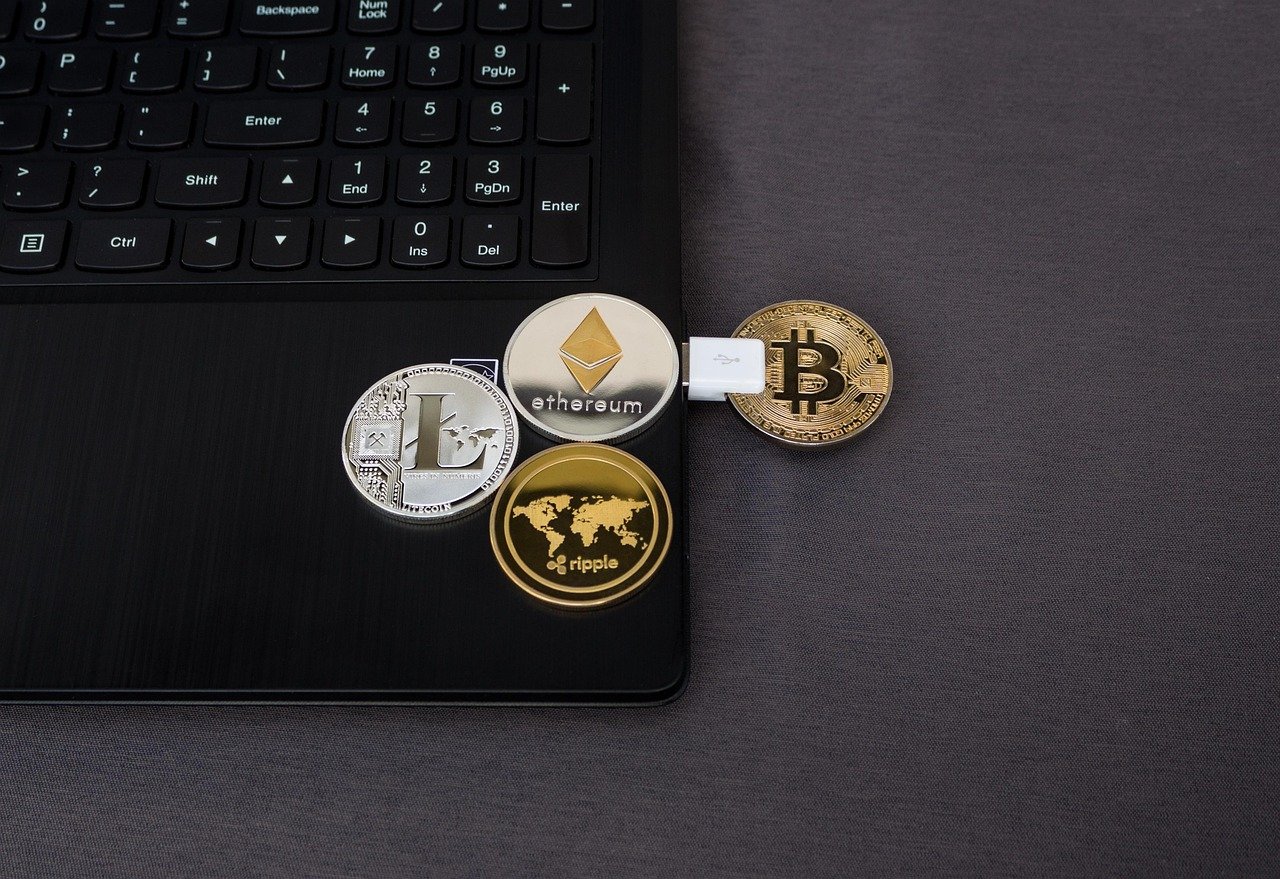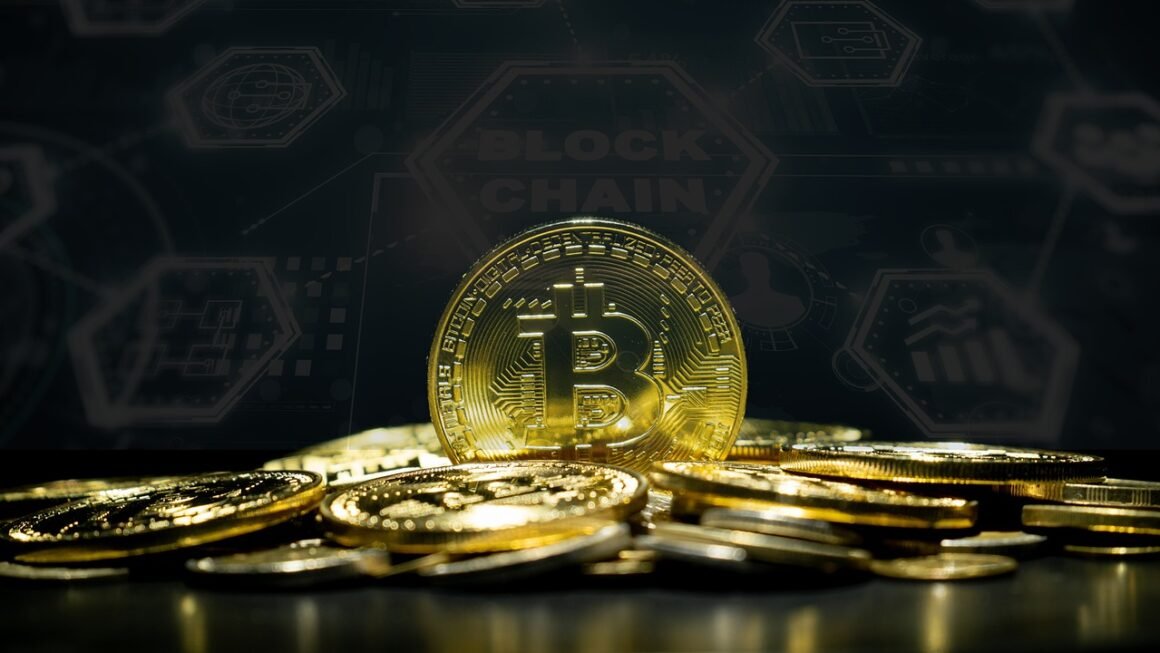Oracles: The Vital Bridge Between Blockchains and the Real World
Blockchains, with their decentralized and immutable nature, hold immense promise. However, they exist in a siloed digital environment, unable to natively access data and events occurring in the real world. This is where oracles step in, acting as crucial bridges that connect blockchains to external data sources, enabling smart contracts to interact with the outside world and unlock their full potential. Without oracles, smart contracts would be limited to internal logic and unable to respond to real-world conditions.
What are Oracles?
Definition and Functionality
An oracle, in the context of blockchain technology, is a third-party service that provides external data to smart contracts. This data can range from simple price feeds and weather information to complex election results and shipping statuses. Oracles are not themselves part of the blockchain consensus mechanism; instead, they act as trusted intermediaries that retrieve, verify, and transmit data onto the blockchain for smart contracts to consume.
- Data Retrieval: Oracles fetch data from various sources, such as APIs, web scraping, or even physical sensors.
- Data Verification: Reputable oracles employ mechanisms to verify the accuracy and reliability of the data they retrieve, mitigating the risk of false or manipulated information being fed to smart contracts.
- Data Transmission: Once verified, the data is transmitted to the blockchain and stored on-chain, where it becomes accessible to smart contracts.
Why Oracles are Necessary
Blockchains are designed to be deterministic, meaning that for a given set of inputs, they will always produce the same output. This predictability is crucial for maintaining the integrity and security of the blockchain. However, this also means that blockchains cannot directly access external data sources, as these sources are inherently non-deterministic and subject to change.
Oracles solve this problem by providing a consistent and verifiable way to bring external data onto the blockchain. Without oracles, smart contracts would be limited to operating solely on on-chain data, which significantly restricts their applicability in real-world scenarios. For example, a decentralized finance (DeFi) application that relies on accurate price feeds to execute trades would be impossible without oracles.
Types of Oracles
Source of Information
Oracles can be classified based on the source of information they provide:
- Software Oracles: These oracles retrieve data from online sources, such as APIs, websites, and databases. They are the most common type of oracle and are used for a wide range of applications, including price feeds, weather data, and sports scores.
- Hardware Oracles: These oracles retrieve data from physical sensors or devices, such as temperature sensors, barcode scanners, and GPS trackers. They are used in applications that require real-world physical data, such as supply chain management and environmental monitoring.
- Human Oracles: These oracles rely on human input to provide data to smart contracts. This can involve tasks such as verifying information, making judgments, or providing opinions. Examples include prediction markets and dispute resolution platforms.
Direction of Information
Oracles can also be classified based on the direction of information flow:
- Inbound Oracles: These oracles bring external data onto the blockchain, as described above. They are the most common type of oracle.
- Outbound Oracles: These oracles send data from the blockchain to external systems. This allows smart contracts to trigger actions in the real world, such as sending payments or controlling IoT devices.
Degree of Centralization
- Centralized Oracles: Operated by a single entity, posing a single point of failure. While easier to implement, they are less secure and more vulnerable to manipulation.
- Decentralized Oracles: Utilize multiple independent sources to aggregate data, reducing the risk of manipulation and improving reliability. This approach enhances trust and security. Examples include Chainlink and Band Protocol.
Examples of Oracle Use Cases
Decentralized Finance (DeFi)
Oracles are essential for DeFi applications, enabling them to access real-world financial data:
- Price Feeds: Providing accurate and up-to-date price information for cryptocurrencies, stocks, and other assets, enabling lending, borrowing, and trading platforms to operate effectively. For example, Aave and Compound rely on oracles for accurate price feeds to determine collateralization ratios.
- Stablecoins: Maintaining the peg of stablecoins by adjusting supply based on the value of the underlying asset.
- Derivatives: Creating and trading complex financial instruments based on real-world events, such as weather or election results.
Supply Chain Management
Oracles can track the movement of goods and verify their authenticity throughout the supply chain:
- Tracking and Tracing: Monitoring the location and condition of goods as they move from manufacturer to consumer.
- Authenticity Verification: Ensuring that products are genuine and not counterfeit.
- Automated Payments: Triggering payments based on the completion of specific milestones in the supply chain.
Prediction Markets
Oracles are crucial for resolving prediction markets by providing verifiable outcomes of real-world events:
- Election Results: Reporting the outcome of elections, allowing participants to bet on the winner.
- Sports Scores: Providing accurate and timely sports scores, enabling users to bet on sporting events.
- Weather Data: Reporting weather conditions, allowing users to bet on future weather patterns.
Insurance
Oracles enable the creation of parametric insurance products that automatically pay out based on predefined events:
- Crop Insurance: Paying out automatically if rainfall levels fall below a certain threshold.
- Flight Delay Insurance: Automatically compensating passengers for flight delays based on flight tracking data.
- Natural Disaster Insurance: Providing payouts in the event of earthquakes, hurricanes, or other natural disasters based on data from seismographs and weather stations.
Challenges and Considerations
Oracle Problem
The “Oracle Problem” refers to the challenge of ensuring the accuracy and reliability of data provided by oracles. Since oracles are external to the blockchain, they are susceptible to manipulation or errors, which can compromise the integrity of smart contracts.
Security
Oracle security is paramount. Compromised oracles can feed false data, leading to significant financial losses or other adverse outcomes. Therefore, selecting reputable and secure oracles is crucial.
Cost
Oracle services often incur costs, which can impact the overall economics of smart contract applications. It is important to consider the cost of oracle services when designing and implementing smart contracts.
Decentralization vs. Centralization
Choosing between centralized and decentralized oracles involves trade-offs between efficiency and security. Decentralized oracles offer greater security and reliability but can be more complex and expensive to implement.
Conclusion
Oracles are indispensable for bridging the gap between blockchains and the real world, enabling smart contracts to interact with external data and events. While challenges remain, the development and adoption of secure and reliable oracles are essential for unlocking the full potential of blockchain technology across various industries. By understanding the different types of oracles, their use cases, and the challenges they present, developers and businesses can effectively leverage oracles to build innovative and impactful blockchain applications. The future of blockchain technology is inextricably linked to the evolution and advancement of oracle solutions.



